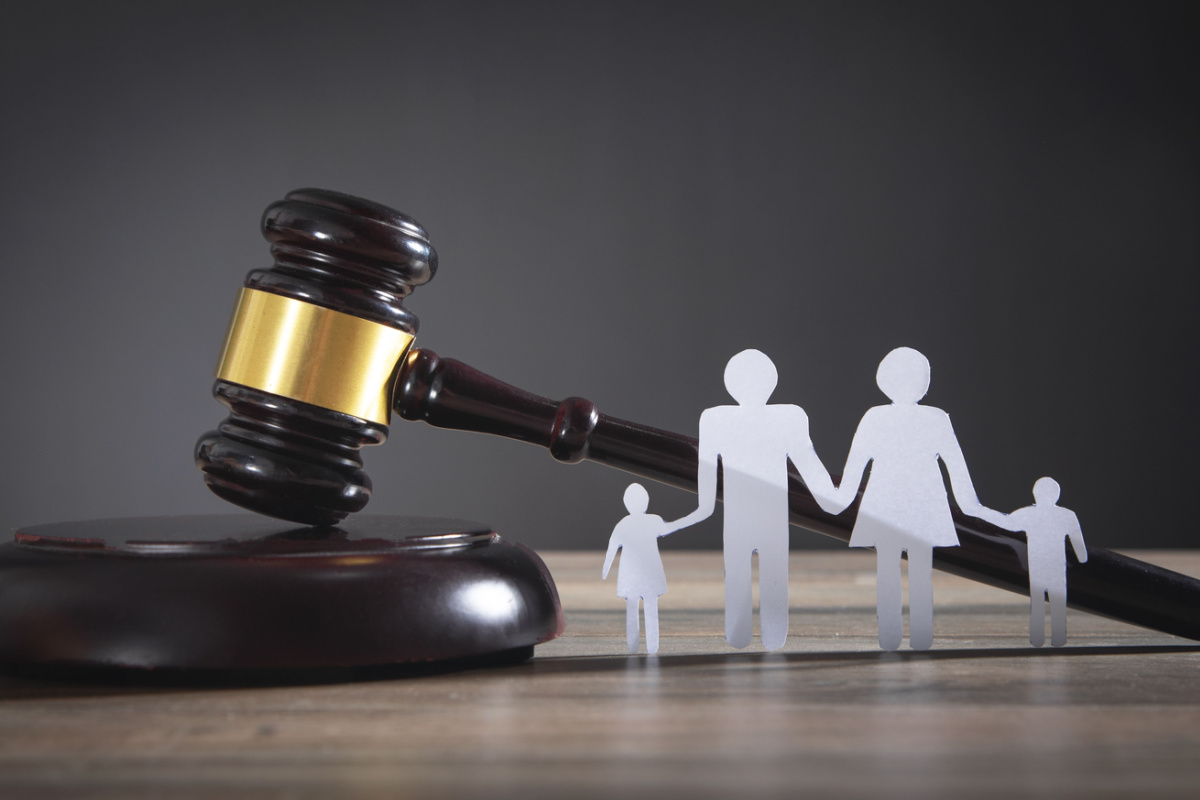Understanding Visitation Laws for Non-Custodial Parents

It is the norm to ensure that children have as much contact with both parents after a separation or divorce as long as it’s in the child’s best interest. However, one parent or another may not have physical custody of a child, meaning the child does not live with them most of the time.
This parent is considered a non-custodial parent. Because non-custodial parents are not the child’s primary caretakers, visitation rights are important for them to ensure the child has frequent and continuous contact with both parents.
Non-Custodial Parent Visitation Rights in Orange County
Nowadays, because family dynamics can be different from the traditional married couple, Orange County visitation laws conform to these nontraditional arrangements. Also, special consideration has to be given when one parent wants to move away to another state. However, if the parents cannot agree on a visitation plan among themselves, the court will have to decide.
How Does a Move-away Order Impact Visitation Rights
There may come a time when one parent has to move away because of a job opportunity or to take care of family members. A parent with physical custody of a child has a right to change the child’s residence in California. However, if the non-custodial parent can prove that the move could harm the child or that the moving parent is moving to frustrate the non-custodial parent, the court can reassign physical custody to the non-custodial parent if the move happens.
Visitation Rights When the Parents Aren’t Married
If the parents were not married when a child was born, the Orange County Superior Court would only determine visitation once paternity is proven. The courts can establish paternity if both parents had signed a Declaration of Paternity form at the hospital when the child was born.
The parents can sign the form later if the document is notarized and sent to the Department of Child Support Services. If a signed form does not exist, the parents must open a paternity case with the court.
Handling Difficult Situations Between Parents
While during a custody battle, difficult situations between parents can arise. However, through counseling and mediation, those difficulties can help to forward the child’s best interest. If you are in a complicated situation regarding co-parenting, setting boundaries, taking co-parenting classes, and counseling may help.
Recently, an article was written about the co-parenting habits of Tamar Braxton and Vince Herbert in Essence magazine online. Braxton complained on Instagram about her frustrations with her lack of communication with her son while he visits his father. In addition, she claimed that Herbert blocked her from calling their son during the visits.
Braxton further complained, “My question is this, why do baby daddies and baby mommas think it’s okay to block you while they have your child?” Of course, she later admitted that maybe she called too much, interrupting the time Herbert was having with his son. In this case, the problem may not be that Herbert blocks her from calling, but why does she feel compelled to call so often?
What Happens if There are Allegations of Abuse to the Child?
If there are abuse allegations, the family court must determine whether the abuse is proven and how to allocate visitation to the offending parent. First, physical and psychological exams are conducted on the child to prove or disprove the allegations. Then, the judge will order supervised or no visits if the allegations are confirmed. If the judge allows unsupervised visits to a parent accused of abuse, the judge must provide an explanation for doing so.
In the case of two parents, Philip and Michele, who were married in 1987 and had a son, John, in 1989. Philip and Michele separated in 1991. Child abuse allegations against Philip were made in July 1992 when John was two and a half years old. John was medically examined, but nothing was found that indicated any abuse had occurred. However, the child made statements suggesting that he had been sexually molested.
Although Philip agreed to monitor visitations, child molestation allegations were made again in November 1992. Physicians examined the child again, but nothing was found that could prove molestation. Another report of molestation occurred in March 1993, and again there were no signs of molestation to prove the accusations. Yet, another allegation was recorded in May 1993.
Again, a doctor found that no child abuse occurred and, in fact, went as far as to say that Michele was prompting the child to make statements indicating he was being abused. The doctor recommended that because the turmoil of this ongoing custody battle was creating a tense, hostile, and unpredictable environment for the child, physical custody should be given to Philip.
Modifying Custody/Visitation Orders
Custody and visitation orders can be changed by submitting forms and requesting a hearing date. Documents that are available to fill out and make two copies of are:
- Request for Order
- Child Custody and Visitation Application Attachment
- Declaration form to support your Request for Hearing
- Temporary Orders for emergency custody, visitation, or restraining orders
- Declaration Re: Notice for emergency custody, visitation, or restraining orders
Other forms that will be left blank but served to the other party are a Responsive Declaration to Request for Order and a Proof of Service by Mail.
The same case title and number will be used if a case already exists. Take the original forms, file these with the court, and request a hearing date. Make sure the other party gets all of the documents either by mail or personally served by someone over 18 and is not a party to the case.
The Best Interest of the Children is the Focus When Considering Visitation Rights

Knowing the visitation rights laws in Orange County are designed to protect the child’s best interests will help work out visitation schedules with non-custodial parents more efficiently and in a non-combative manner.
The children are the ones that suffer if parents are prevented from bonding and spending time with a child after a separation or divorce. If one parent’s actions prevent visitation, the only injured party is the child in these cases, which is definitely not in the child’s best interest.
If you are dealing with a child custody case, contact us online or by calling 949-438-3886.

